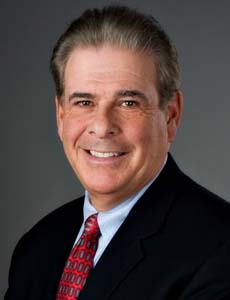Asthma in Babies, Toddlers and Children - Health Tips
Get practical tips regarding Asthma in Babies, Toddlers and Children to help you prepare for your appointments and manage your care from home.

Asthma isn't something that you ususally outgrow. Extensive studies over the past 15 years have shown that asthma is an ongoing physical condition that doesnt just disappear forever when you feel better. Your asthma can vary in its symptoms and severity during yur lifetime. However, just like the color of your eyes or your individual fingerprint pattern, when you have asthma, it remains as another of your distinctive, although unseen, physical characteristics.
When you have asthma, the airways of your lungs get bigger as you grow, so mild airway obstuction may not affect you as much as you get older. Also, as you mature, your sensitivites may not be suffient to cause clinical symptoms that you notice. However, people who feel that they "outgrew" their asthma as children or teenagers commonly experience symptoms of the disease later in life, particularly in response to certain triggers.

Your baby will not necessarily have asthma or allergies. However, a child is more likely to develop asthma or allergies if one parent has either; the risk is greater if both parents have allergy or asthma. You may delay the onset of eczema or food allergy by the diet recommendations under our pregnancy section; respiratory allergies may be delayed by not exposing your infant to indoor allergens and by carrying out house-dust mite avoidance measures in the nursery. Do not expose your infant to smoke.